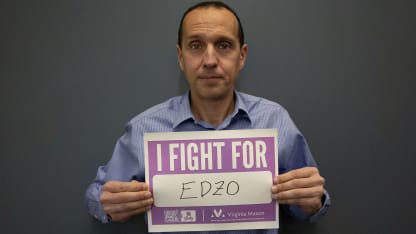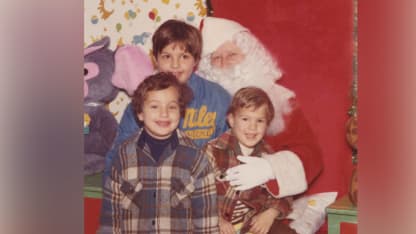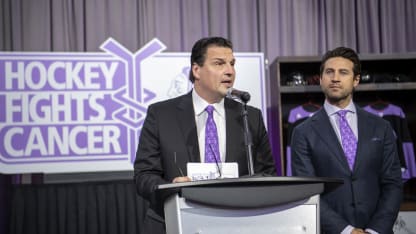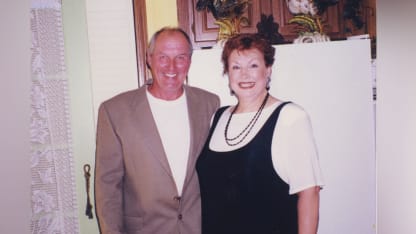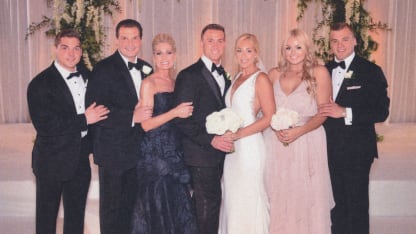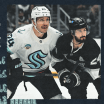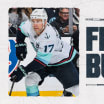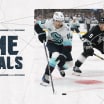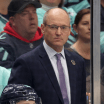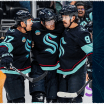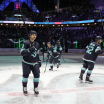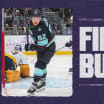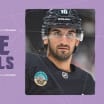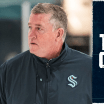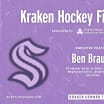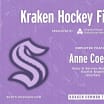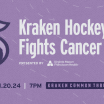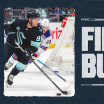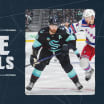NHL Seattle's assistant general manager Ricky Olczyk serves as a hockey executive and attorney. He values preparation and due diligence in both roles, whether the task is scouting players or reviewing contract language.
But nothing prepared Olczyk for when he heard the news in August 2017 that his brother Eddie was diagnosed with Stage 3 colon cancer.
"That was very tough at the start," says Olczyk. "It was the first time going through anything of that nature, someone close having cancer and at that level.
Hockey Fights Cancer: Brotherly Love and Support
NHL Seattle assistant GM Ricky Olczyk did his research to bolster sibling and NHL announcer Eddie during a cancer diagnosis and treatment
AGM Olczyk reflects on his brother's cancer treatment
